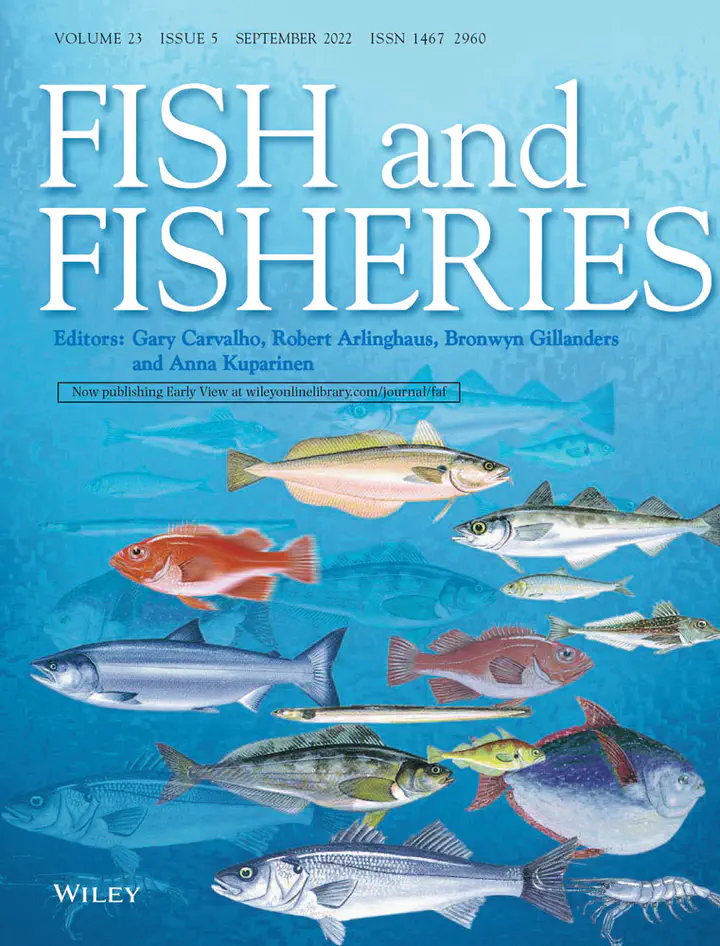Fish and mussels: Importance of fish for freshwater mussel conservation

Abstract
Co-extinctions are increasingly recognized as one of the major processes leading to the global biodiversity crisis, but there is still limited scientific evidence on the magnitude of potential impacts and causal mechanisms responsible for the decline of affiliate (dependent) species. Freshwater mussels (Bivalvia, Unionida), one of the most threatened faunal groups on Earth, need to pass through a parasitic larval (glochidia) phase using fishes as hosts to complete their life cycle. Here, we provide a synthesis of published evidence on the fish–mussel relationship to explore possible patterns in co-extinction risk and discuss the main threats affecting this interaction. We retrieved 205 publications until December 2015, most of which were performed in North America, completed under laboratory conditions and were aimed at characterizing the life cycle and/or determining the suitable fish hosts for freshwater mussels. Mussel species were reported to infest between one and 53 fish species, with some fish families (e.g., Cyprinidae and Percidae) being used more often as hosts than others. No relationship was found between the breadth of host use and the extinction risk of freshwater mussels. Very few studies focused on threats affecting the fish–mussel relationship, a knowledge gap that may impair the application of future conservation measures. Here, we identify a variety of threats that may negatively affect fish species, document and discuss the concomitant impacts on freshwater mussels, and suggest directions for future studies.